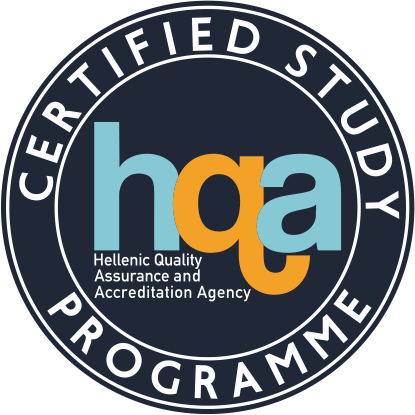| School |
Natural Sciences |
Academic Unit
|
Geology Department |
Level of Studies
|
Undergraduate |
Course Code
|
GEO_603 |
| Εξάμηνο σπουδών |
5ο |
Course Title
|
Applied Hydrogeology |
Independent Teaching Activities
|
Lectures, Laboratory work |
Weekly Teaching Hours
|
2 (lect.) 2 (lab.) |
| Credits |
5 |
Course Type
|
Field of Science (Hydrogeology) |
Prerequisite Courses
|
Basic knowledge of geology, chemistry, physics and mathematics |
Language of Instruction & Examinations
|
Greek. Teaching may be however performed in French and English in case foreign students attend the course. |
Is the Course offered to Erasmus Students
|
Yes |
| Course Web-Page (URL) |
The name of the Hydrogeology laboratory Website is http://www.hydrolab.gr |
Learning Outcomes
|
APPLIED HYDROGEOLOGY
The course entitled "Applied Hydrogeology" is designed as an application of the geological knowledge to the exploitation of groundwater in order to meet the water needs, for example of a city or an agricultural or a tourist activity etc. This is a course of specialization which, in conjunction with the other relevant courses that are taught in the Department of Geology, aims to provide students with the necessary knowledge of:
- The understanding of the hydrological cycle and water budget.
- The utility and use of devices that measure the parameters associated with the surface and groundwater.
- The water hosted in geological formations and the presence of aquifers.
- The understanding of the movement of groundwater.
- Addressing hydrogeological and environmental problems, by compiling data, with the ultimate view of professional self-reliance and successful job positioning in the professional arena.
|
General Competences
|
Analysis and synthesis of data and information using the necessary technologies. Project design and management. |
| Syllabus |
- Subject of Hydrogeology, Origin of water. Hydrogeology in relation to natural sciences. The hydrological budget of the planet. Estimation of water needs for drinking water supply, irrigation and the water supply to industrial and tourist facilities.
- Introduction to the hydrological cycle and hydrological budget. Statistical processing of precipitation and construction of rainfall maps. Potential and actual evapotranspiration and methods for their calculation. Measurement of runoff, statistical processing of runoff measurements, unit hydrograph and its use.
- Groundwater movement in porous media, Darcy's law and its validity criteria, porosity and permeability, transmissivity and storativity, empirical ways of estimating water permeability with tracer tests and grain size analysis, flow networks and their applications.
- Groundwater Hydraulics. Groundwater mitigation works. Vertical, horizontal and mixed mitigation works. Borehole construction: various techniques, advantages and disadvantages of each one. Boreholes construction stages and the role of the geologist. Selection of technical hydrogeological characteristics of a borehole according to the intended abstraction volume. Borehole protection, cost estimation, pumping assemblies.
|
| Delivery |
Lectures, seminars and laboratory work face to face. |
Use of Information & Communication Technology
|
With the use of power point, and instrument samples demonstration |
Teaching Methods
|
| Activity |
Semester workload |
| The teaching process includes 26 hours of lectures, and 26 hours of lab courses. Lectures are powered by PowerPoint slides, while educational videos are also projected. Other materials are also used in the classroom, e.g. water level meters, or borehole casing samples. During the lab courses, students are divided into groups of two to three people, working independently, and under the supervision of the teachers, to complete the exercises they are given each time. The course also includes a field trip, during which students have the opportunity to see hydrogeological structures in the field and discuss about specific hydrogeological subjects. |
|
| Lectures |
2X13 = 26 |
| Lab courses- exercises |
2X13 = 26 |
| Writing of laboratory exercises |
2X13 = 26 |
| Daily Study |
15 |
| Preparation of examinations |
32 |
| Total number of hours for the Course |
125 |
|
Student Performance Evaluation
|
The examination of the course is in writing. Students are given eight to ten questions of different difficulty level, including questions that require judgment, and exercises with a specific score for each of them. The lab exercises are corrected and graded. Intermediate scheduled tests are often carried out in order to consolidate the content of the course and to bring students closer to its most important subjects. The intermediate tests are positively taken into consideration in the overall assessment of the students |
Attached Bibliography
|
- N. Lambrakis, Κ. Νικολακόπουλος, Κ. Κατσάνου, 2016. Hydrology with the use of GIS tools and Remote sensing data. Kallipos, pp, 227, ISBN 978-960-603-106-9
- Lambrakis, Applied and Environmental Hydrogeology, Patra’s University Editions, 130pp
- Lambrakis, Lessons in Applied and Environmental Hydrology, To appeared, 450pp
- Kallergis, 1999. Applied – Environmental Hydrogeology. Technical chamber Editions, Volumes A,B,C.
- Soulios, 1996. General Hydrogeology. University Studio Press. First, Second and third Volume
Related academic journals:
- Hydrogeology Journal, Springer
- Journal of Hydrology, Elsevier
|





